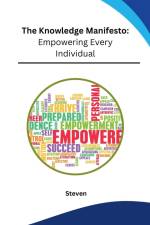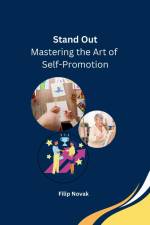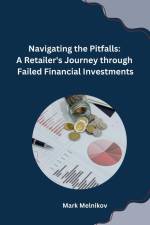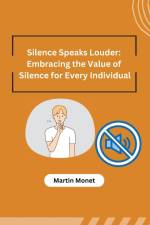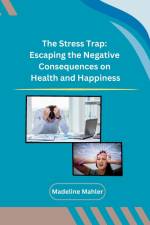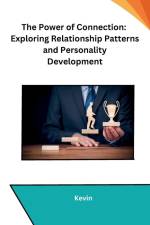von Alexis Tyler
31,00 €
Understanding Holistic HealingIn today's fast-paced world, people are increasingly looking for alternative methods to improve their overall well-being. One such approach that has gained significant popularity is holistic healing. Holistic healing is a comprehensive and integrated approach to health and wellness that focuses on the mind, body, and spirit connection. In this subchapter, we will delve into the essence of holistic healing and explore its various aspects.At its core, holistic healing recognizes that each person is a unique individual with distinct physical, mental, emotional, and spiritual needs. It emphasizes the interplay between these aspects and believes that true healing can only occur when all dimensions are in balance. Unlike conventional medicine, which often treats symptoms in isolation, holistic healing takes a more holistic view, addressing the root causes of ailments rather than just their manifestations.One of the key principles of holistic healing is the belief that the body has an innate ability to heal itself. Holistic practitioners aim to support and enhance this natural healing process through various complementary therapies. These therapies can include acupuncture, chiropractic care, herbal medicine, massage therapy, meditation, yoga, and many others. By integrating these practices into their lifestyle, individuals can promote their overall well-being and prevent illness before it even arises.Holistic healing also recognizes the importance of nutrition and the impact it has on our health. A balanced and nourishing diet is seen as essential to maintaining optimal physical and mental well-being. The subchapter will provide practical tips and advice on how to incorporate whole, natural foods into your diet and eliminate processed and artificial ingredients that can disrupt your body's natural balance.Moreover, holistic healing encompasses mindfulness and self-care practices. Taking time to nurture your mental and emotional health is just as important as addressing physical ailments. The subchapter will explore techniques such as meditation, breathwork, journaling, and self-reflection, which can help individuals cultivate a positive mindset, reduce stress, and foster emotional resilience.Whether you're looking to address a specific health issue, enhance your overall well-being, or simply adopt a more holistic approach to life, understanding holistic healing is essential. By embracing the interconnectedness of mind, body, and spirit, and by making conscious choices that support your well-being, you can embark on a transformative journey towards optimal health and vitality.Remember, holistic healing is not a quick fix or a one-size-fits-all solution. It is a mindset, a way of life that requires dedication and commitment. The subchapter will provide you with a comprehensive understanding of holistic healing, empowering you to take control of your health and embark on a path of self-discovery and self-care


